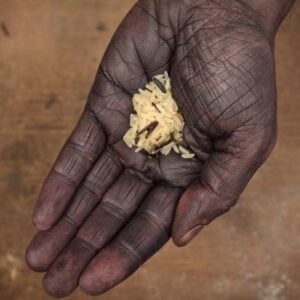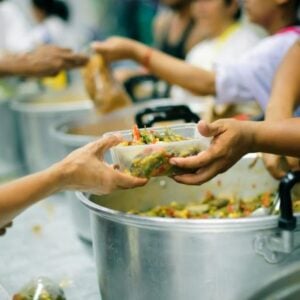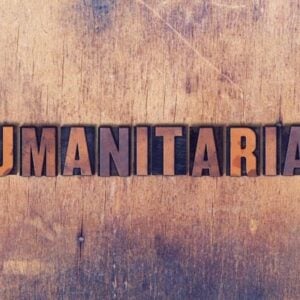The United Nations World Food Programme (WFP) has received a contribution of JPY 300 million (approximately US$2 million) from the Government of Japan to support humanitarian food assistance for 48,000 vulnerable people in Madagascar’s Great South and Southeast regions. The funding will be used to procure 1,150 metric tons of rice and 173 metric tons of pulses from both local and international suppliers, ensuring that families most affected by natural disasters have access to nutritious food during times of crisis.
Tania Goossens, WFP Representative and Country Director in Madagascar, highlighted that the contribution not only addresses urgent food needs but also supports local markets and supply chains, reinforcing long-term community resilience. By combining life-saving assistance with investments in local procurement and food safety, the initiative aims to strengthen both immediate relief efforts and the sustainability of food systems in Madagascar.
Madagascar remains highly vulnerable to climate-related disasters due to its geographic location and fragile ecosystems. With 77 percent of the population living in extreme poverty, recurring threats such as floods, cyclones, droughts, locust infestations, and epidemics have severe impacts on livelihoods, food security, and the national economy.
Japan’s support aligns with broader commitments made at the Ninth Tokyo International Conference on African Development (TICAD9), held from 20 to 22 August 2025. Ambassador Koji Abe emphasized that this initiative reflects Japan’s dedication to inclusive and resilient development in Africa, focusing on food security, nutrition, and strengthening capacities to respond to climate change and natural disasters. The funding aims to save lives while promoting long-term community resilience against recurring climate shocks.
WFP remains committed to working closely with the Government of Madagascar, development partners, and local communities to protect livelihoods, deliver emergency response, and build resilience. The timely contribution from Japan is particularly critical as WFP Madagascar faces declining funding for emergency preparedness and response activities, ensuring that vulnerable populations continue to receive vital support during crises.






